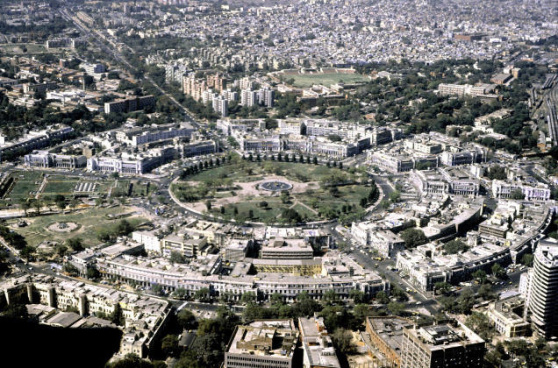
In a concerted effort to make Chennai a model smart city, authorities have embarked on a series of ambitious projects under the Smart Cities Mission. These initiatives aim to enhance the quality of life for residents and create a sustainable, technologically advanced urban environment.
Among the projects currently underway are pedestrian-friendly roads, smart classrooms, inclusive parks for disabled children, dedicated cycling tracks, an intelligent traffic management system, and the revitalization of water bodies. In an exciting addition, plans include the construction of a suspension bridge with a glass floor spanning the Villivakkam lake.
As part of a pilot project, students at a school operated by the Greater Chennai Corporation (GCC) in the Kottur area have received tablets to facilitate remote learning. If successful, this innovative teaching method may be extended to other schools, benefiting a broader student population.
Tamil Nadu Additional Chief Secretary and GCC Commissioner, J Radhakrishnan, expressed enthusiasm for the Smart Cities Mission, noting high public participation. The mission has already yielded notable achievements, including the establishment of a command and control center and the construction of an environmentally friendly green building, which recently earned the highest rating from the Great Building Congress.
Chennai Smart City Mission Limited, a dedicated entity, was formed to oversee the transformation of Chennai into a resilient, world-class commercial city that is economically vibrant, ecologically sustainable, and inclusive. Of the 46 projects envisioned under the Smart Cities Mission, 45 have already been successfully completed.
Rajeev Jain, spokesperson for the Union Housing and Urban Affairs Ministry, praised Chennai’s innovative projects, citing the transformation of the congested Pondy Market area into a pedestrian-friendly plaza with an automated multi-level car park. This development has significantly improved the lives of both visitors and shopkeepers.
One notable feature of the Smart Cities Mission in Chennai is the creation of a children’s traffic park near the Napier bridge. This initiative aims to enhance traffic safety awareness among schoolchildren by providing them with hands-on experience in a controlled environment.
Furthermore, Chennai’s restoration of 15 temple tanks and 64 water bodies has helped maintain groundwater levels while providing public amenities such as open gyms, meditation centers, and walking pathways around these restored water features.
The Command and Control Centre (CCC), established under the Smart Cities Mission, plays a pivotal role in supporting city administrators’ decision-making processes during day-to-day operations and emergencies.
The strategic approach to Chennai’s smart city development encompasses both area-based development (ABD), where smart solutions are applied to specific zones, and pan-city development, which aims to cover the entire city with smart solutions.
Energy conservation is also a key focus, with the installation of energy-saving LED lights in area-based development zones. Over 6,333 streetlights in ABD areas have been converted to energy-efficient LEDs, thanks to funding from the Smart Cities Mission.
Chennai’s selection as one of the first 20 smart cities by the Union Housing and Urban Affairs Ministry underscores the city’s commitment to a brighter, more sustainable future.





















